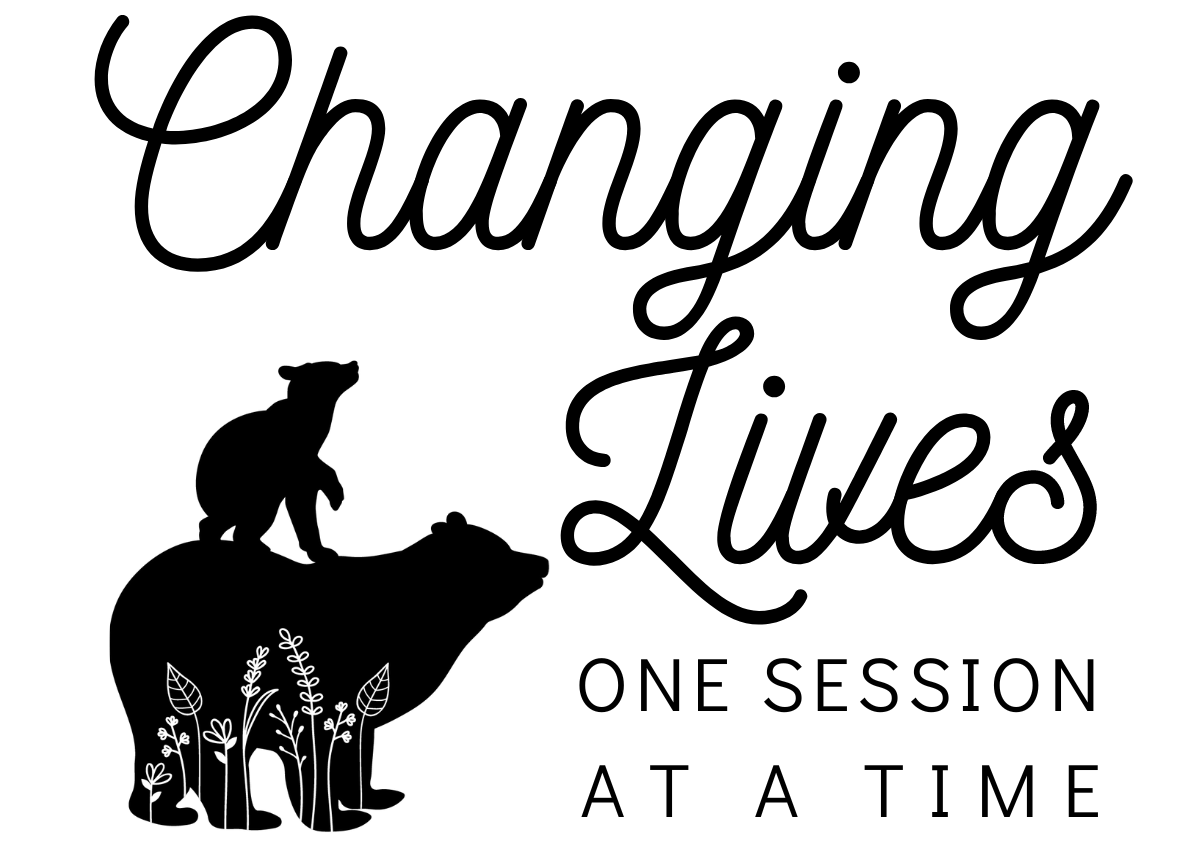Ashley Bade Cronin RD, LDN, CSP, Metrowest Nutrition (www.metrowestnutrition.com) is now available at Barrett in Northborough on Fridays. To set up an appointment with her, please contact her directly at ashley@metrowestnutrition.com or by calling 617-332-2282.
As a pediatric dietitian I have long been against the idea of hiding vegetables into children’s foods. When I was younger, my mother would make me delicious chocolate bread. Turns out, there was zucchini in it. I ate the bread and loved it, but did I really “accept” zucchini? Absolutely not. If you were to put actual zucchini on my plate, not in the form of a sweet baked treat, it would have likely been met with resistance (also known as a hissy fit).
I held firm on this belief and really found no use for using this deceptive tactic for creating these so-called “vegetable eaters”. So it was to my shock and surprise, when a recent study from Penn State preaching the benefits of this practice! The study published in the American Journal of Clinical Nutrition showed preschool children ate nearly double the vegetables and 11% less calories over the course of a day when researches added pureed vegetables into their foods. Children ages 3 through 6 accepted the vegetable enhanced foods and ate the same portions of the foods offered. With the addition of the vegetables to common foods, recipes were 15% to 25 % less calories than the original versions.
After my initial shock wore off, I tried to look at the pros and cons of this practice. With obesity being the number one nutrition issue in America, what is the harm with increasing the vegetable content to our foods to lower the calorie content? It’s a healthier, more natural addition to foods than sugar alcohols and chemically altered fats. Also it actually provides our body with vitamins, minerals and antioxidants essential for overall health and well-being.
On the cons side it can definitely a time consuming process. Creative thinking must be done to first, figure out what foods to sneak the vegetables into and to actually sneak them in without alerting the attentive eye and discerning taste of your child. Then, there’s the actual execution of it. Do we really have time to cook, puree and sneak veggies into our usual food prep routine? Finally, we have the zucchini bread dilemma of my childhood- just because a child eats vegetables hidden in a food, have we created a child that actually accepts and eats vegetables?
So, how do I come to peace with this after my initial solemn vow to never sneak veggies? I hold strong on continually introducing actual vegetables to our children with hopes for eventual acceptance and the creation of a “veggie eater.” However, I do now see the benefits of also adding vegetables into our usual foods to decrease calories while increasing the nutrient benefits for ourselves and our children. My next hope- perhaps the food industry will take a look at this study and take a few notes- more veggies, less fake foods…
Link to the article here: http://www.medicalnewstoday.com/releases/231738.php
